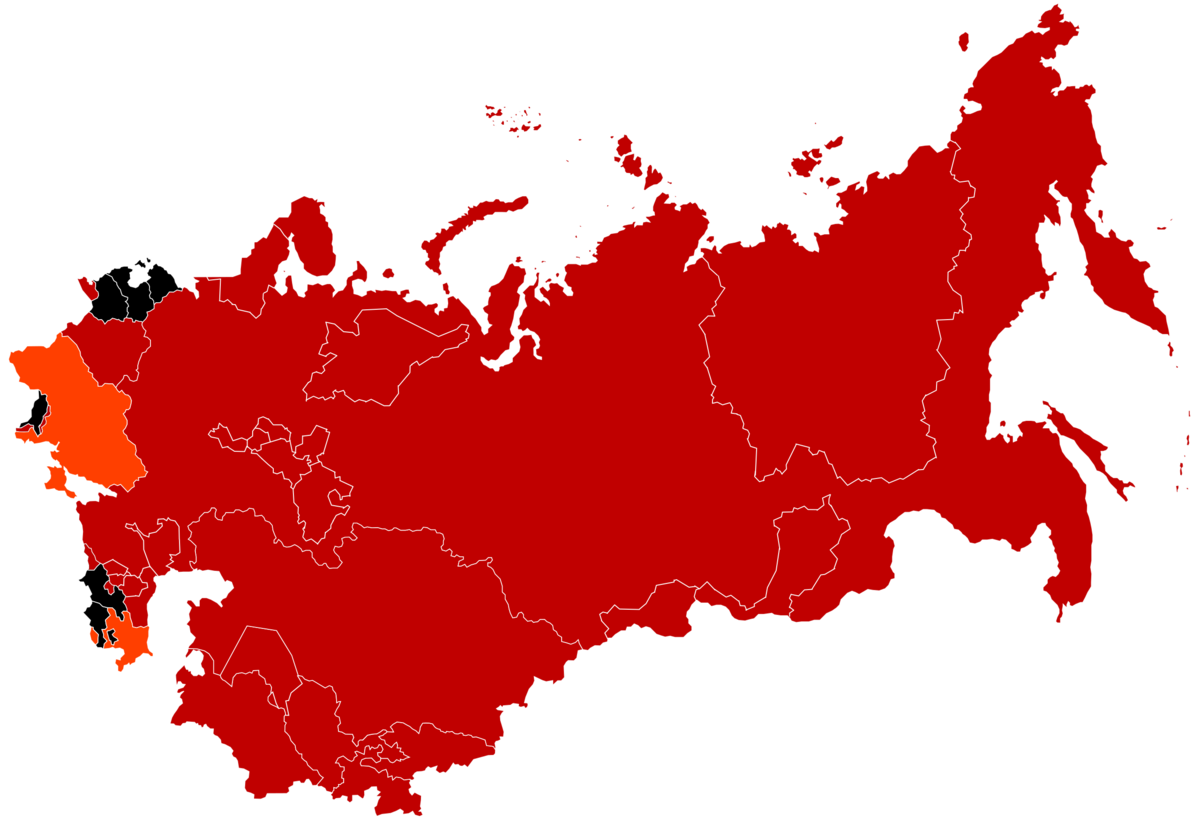- Joined
- 27 September 2006
- Messages
- 5,744
- Reaction score
- 5,636
The coup organised by conservative elements in Mosvow against Gorbachev ultimately led to his humiliation and replacement by Boris Yeltsin.
Gorbachev had many faults not least his failure to deliver economic reforms that would improve the lives of people. But he was a more effective and professional politician than Yeltsin.
Had there been no coup Gorbachev might have worked with Bush and Kohl to deliver a more controlled and less chaotic transition from the Soviet Union to a new group of independent states.
Yeltsin would still have been a thorn in his flesh as Russian Federation leader but Gorbachev enjoyed good personal relations with Bush and Kohl.
Gorbachev unlike Yeltsin had an understanding of a plural society and might have avoided the chaos which hit Russia in the 90s and led to Putin.
He might also have preserved Russia's relations with Ukraine and Belarus and allowed these countries to remain linked.
The Confederation of Independent States (CIS) might under Gorbachev have emerged as an effective replacement for the Soviet Union.
A key test for Gorbachev would have been the Yugoslavian breakup in the 90s. His partnership with the West might have reassured Serbs of his support but encouraged them not to embark on repression and genocide.
Relations with NATO might have developed.along the lines of greater Russian cooperation balanced by a respect for the CIS as a regional power.
Equally, history finds a way of bucking attempts to change it. Gorbachev might have proved to be as ineffectual as Yeltsin and a certain Vladimir Putin might still have emerged to restore Russia to its former greatness.
Soviet era defence programmes might have survived under Gorbachev if he had maintained some degree of political cohesion. Naval and air forces might have worked more closely with the US and developed accprdingly.
Gorbachev had many faults not least his failure to deliver economic reforms that would improve the lives of people. But he was a more effective and professional politician than Yeltsin.
Had there been no coup Gorbachev might have worked with Bush and Kohl to deliver a more controlled and less chaotic transition from the Soviet Union to a new group of independent states.
Yeltsin would still have been a thorn in his flesh as Russian Federation leader but Gorbachev enjoyed good personal relations with Bush and Kohl.
Gorbachev unlike Yeltsin had an understanding of a plural society and might have avoided the chaos which hit Russia in the 90s and led to Putin.
He might also have preserved Russia's relations with Ukraine and Belarus and allowed these countries to remain linked.
The Confederation of Independent States (CIS) might under Gorbachev have emerged as an effective replacement for the Soviet Union.
A key test for Gorbachev would have been the Yugoslavian breakup in the 90s. His partnership with the West might have reassured Serbs of his support but encouraged them not to embark on repression and genocide.
Relations with NATO might have developed.along the lines of greater Russian cooperation balanced by a respect for the CIS as a regional power.
Equally, history finds a way of bucking attempts to change it. Gorbachev might have proved to be as ineffectual as Yeltsin and a certain Vladimir Putin might still have emerged to restore Russia to its former greatness.
Soviet era defence programmes might have survived under Gorbachev if he had maintained some degree of political cohesion. Naval and air forces might have worked more closely with the US and developed accprdingly.

